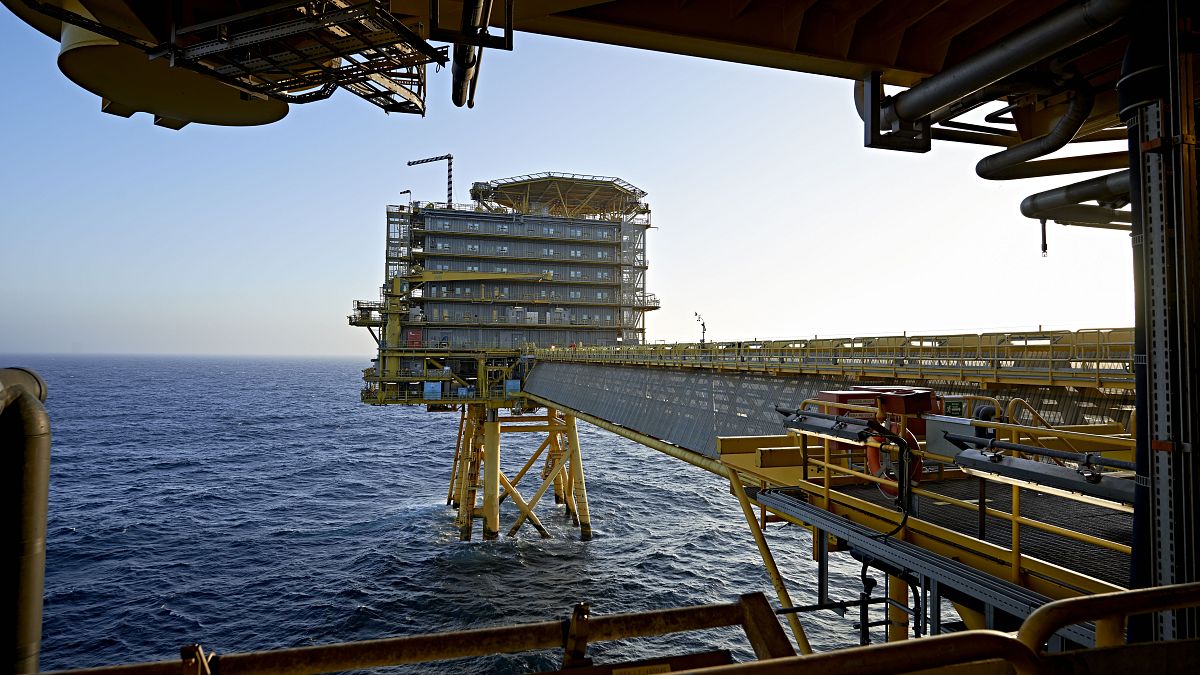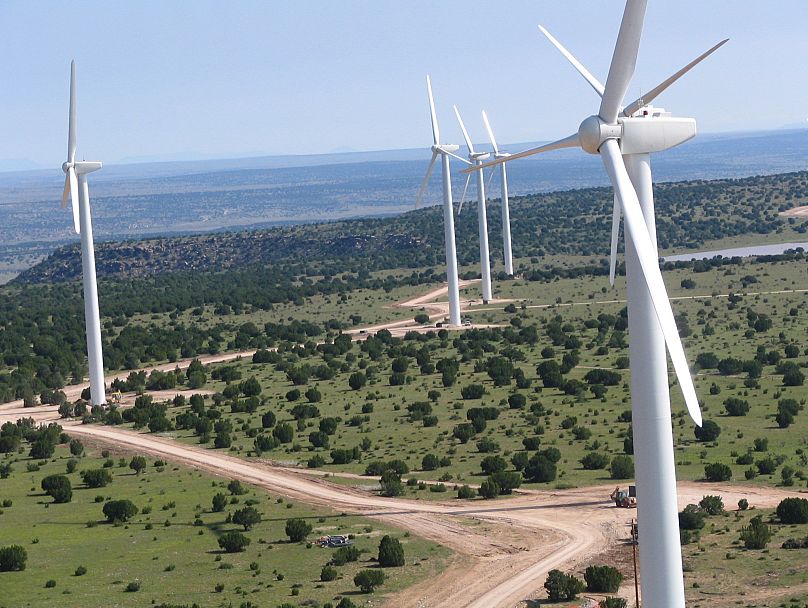Fossil fuel extraction will stop by 2050.
Denmark says it is putting an end to the fossil fuel era by stopping all new oil and gas exploration in the North Sea.
It has cancelled its latest licencing round - a process which grants firms permission to search for and extract oil and gas.
Fossil fuel extraction will stop by 2050.
"It is a historic turning point that Denmark says stop to new tender rounds and not least sets an end date for the production of oil and gas in the North Sea," said Greenpeace Denmark.
"The broad political agreement delivers on some of our international obligations under climate law and sends a crystal clear signal that will resonate throughout the world."
Denmark's parliament backed the move late on Thursday evening after the Danish Council on Climate Change said continuing extraction would hurt the country’s ambitions as a front-runner on fighting climate change.
'UK and Norway under extra pressure'
It was backed by both the left-leaning parties as well as the centre-right opposition, suggesting the policy is unlikely to be reversed.
“It is incredibly important that we now have a broad majority behind the agreement so that there is no longer any doubt about the possibilities and conditions in the North Sea,” said climate minister Dan Joergensen, a Social Democrat.
“As a small country, our only chance to make a real dent in the global emissions curve is to lead the way by example. We intend to show what an ambitious yet balanced phase-out of fossil fuel production might look like, taking into account both the urgency of climate change and the very real concerns of workers employed in the fossil sector. Just transition has to be part and parcel of any socially balanced approach. Hopefully, we can inspire others to follow suit.”
This year, Denmark is estimated to have pumped just over 100,000 barrels of crude oil and oil equivalents a day, according to the government. But this is relatively little in comparison to some of the international oil giants. The UK produces about ten times that amount while the US, the world's largest producer, pumped over 19 million barrels of oil a day last year.
“There is no doubt that Norway and the United Kingdom, which have even greater oil production in the North Sea than in Denmark, will now be put under extra pressure to also deliver on their international commitments to slow down the climate crisis. This is hopefully the first step towards a total phasing out of fossil production in the entire North Sea,” said Helene Hagel, head of climate and environmental policy at Greenpeace Denmark.
A climate victory, or too little too late?
“This is a huge victory for the climate movement,” added Hagel. The country has “a moral obligation to end the search for new oil to send a clear signal that the world can and must act to meet the Paris Agreement and mitigate the climate crisis," she added.
The 2015 landmark Paris climate deal asks both rich and poor countries to take action to curb the rise in global temperatures that is melting glaciers, raising sea levels and shifting rainfall patterns.
It requires governments to present national plans to reduce emissions to limit global temperature rise to well below 2 degrees Celsius (3.6 degrees Fahrenheit).
However, climate activist Greta Thunberg said in a tweet on Friday that the move was too little, too late: "The real news here is that Denmark will apparently go on extracting fossil fuels for another three decades," she said. "To us children, this is not the 'good news' that some people seem to think. We're in a climate emergency. Act accordingly," she warned.
Where will Denmark get its energy from?
A third of Denmark's energy currently comes from renewable resources such as wind power. The country began investing in wind power after the oil crisis in 1973, with its first commercial wind turbine being constructed in 1979.
As an early adopter of wind power, almost half (47 per cent) of Denmark's electricity came from its 6,229 wind farms in 2019. This, along with the country's solar and geothermal power resources will be key in transforming the country's energy system by 2050.

